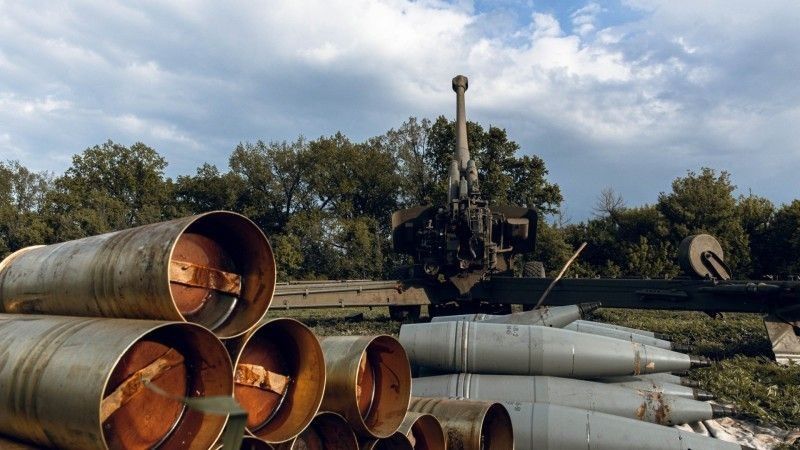Industry
Ukraine Resumes Manufacturing of Large Caliber Munitions

Photo. 44th Artillery Brigade
Ukroboronprom, a Ukrainian state-owned umbrella defence company announced that its facilities have now restarted manufacturing of the 152 mm artillery munitions, used by most of the towed and self-propelled Ukrainian artillery assets.
In early November, the head of the Ukrainian MoD Oleksiy Reznikov announced that the Ukrainian defence industry has restarted the manufacturing of 122 mm, and 152 mm artillery munitions. The above would mean that the Armed Forces of Ukraine have now obtained another munitions supply chain. Up until recently, the munitions came mainly from the Ukrainian stockpile, and they were also being delivered by the allies, including Poland, the Czech Republic, and Bulgaria.
Furthermore, most of the munitions manufactured by plants in the region - also in Poland - were also being delivered to Ukraine. When it comes to the 122 mm artillery shells, there have been some cases documented of the import of such munitions even from Pakistan. This is a good example of the insufficiency of the munitions stockpile, in an event of a high-intensity, full-scale conflict.
"I hope that the manufacturing volumes would be realistically increased over a couple of months. We have seen involvement already. We have also put their products to the test already - they work, and will work on the battlefield", Ukrainian Defence Minister said.
An announcement was also made on the current lack of plans when it comes to the launch of 155 mm shells production. The Ukrainians hope to use the continuous help of the allies here. Ukraine operates more, and more 155 mm artillery systems, some estimations suggest that more than 300 assets as such are used. This includes the prototype Bogdana wheeled system, reportedly taking part in engagements targeting Snake Island.
Here, the NATO stockpile and manufacturing may allow for continuous delivery of incomparably higher munition numbers. The quantity available month by month would be decreasing until the manufacturing facilities switch to higher capacity. The country burdened by war has a limited manufacturing capacity, so no wonder - the ammunition that is least accessible to the allies has been selected for manufacturing, also being the best-known type of shells for the Ukrainian defence industry.
